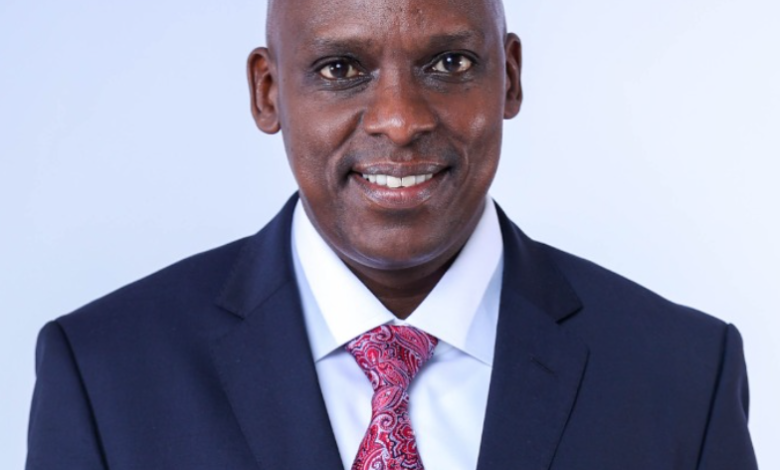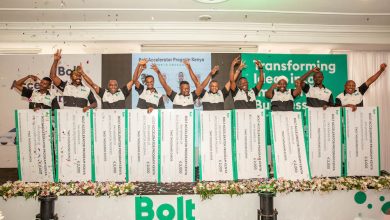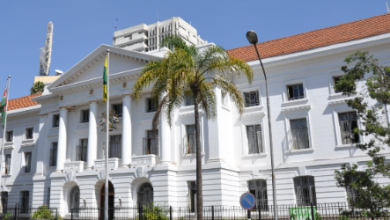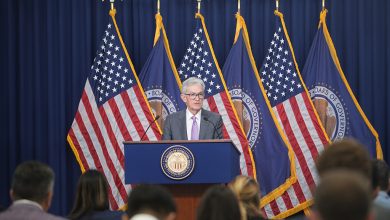KSh 5Bn Fibre Optic Project Halfway Complete- Regulator

The Communication Authority of Kenya (CA) has reported that 1,300 kilometers of fibre optic cables have been laid since the KSh 5 billion project began last year, representing a 50% completion rate.
The project was conceived in partnership with the ICT Authority (ICTA) and Kenya Power, with the intention of connecting rural areas across 19 counties with internet. About 2,500 kilometres of fibre were set to be laid down across these counties, assuring 3,800 public offices and institutions in these areas, connectivity to affordable and reliable internet. CA Director General David Mugonyi announced these milestones during the ITW Africa 2024 forum held at a Nairobi Hotel, emphasizing on the need to improve internet access if there is to be socio-economic transformation.“Today, connectivity is the biggest driver of the global economy. Without robust, secure and competitive telecommunications markets, Africa’s participation and capacity to exploit the opportunities of a rapidly expanding digital economy are significantly constrained,” DG Mugonyi said.
During the event, Mugonyi pointed out that Africans represent half of 400 million people globally who do not enjoy access to broadband internet. The continent has a low internet penetration of 37%, according to last year’s statistics.
“This 66 per centage point gap reflects the yawning digital divide between high-income and low-income countries and regions. digital technologies are our best shot at a new development narrative and if we go fully digital we can leap forward and unlock a new future,” Mugonyi added.
The fibre optic cable project was slated to be completed in three years. Many of the targeted counties remain underdeveloped, lacking social amenities as well as technological infrastructure. They include : West Pokot, Baringo, Elgeyo Marakwet, Samburu, Marsabit, Mandera, Tana River, Lamu, Kilifi, Kwale, Kitui, Laikipia, Isiolo, Garissa, Wajir, Kitui, Makueni, Kajiado and Narok.
The program is also meant to benefit women in these areas. Mugonyi highlighted that expansive digital coverage would enable underserved populations to tap into new opportunities available in the vast and inexhaustible realm of the internet to prosper themselves.
“However, in our quest for acceleration we must leave no one behind. The statistics on gender digital disparities make for grim reading. On average, 65 per cent of the global female population had access to the internet in 2023 compared to 75 per cent of the male population,” Mugonyi said.
Telecommunications research company, Cable UK, reports that Kenya is ranked among the countries with the most expensive internet in Sub-Saharan Africa. According to their latest research, the average cost of fixed broadband internet was US$48.11.
This was higher than regional counterparts like Tanzania (US$43.43), Rwanda (US$43.22), and Ethiopia (US$18.45). Tech pundits say that high internet costs are likely to stifle innovation and decenter Kenya from the limelight of the global digital progress.
Additionally, they say that the only way these costs can be reduced is by allowing more ISPs into the country to compete amongst themselves and slash lofty regulations in the sector.
ADVERTISEMENT



